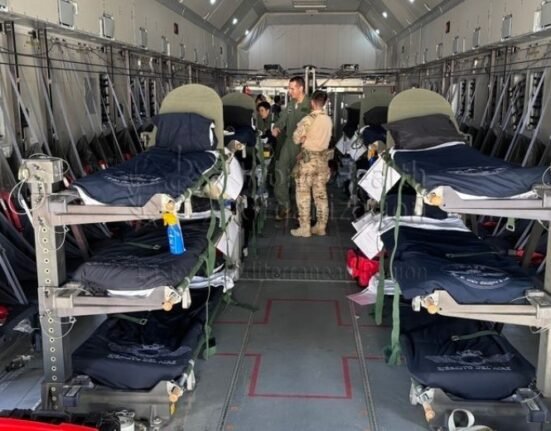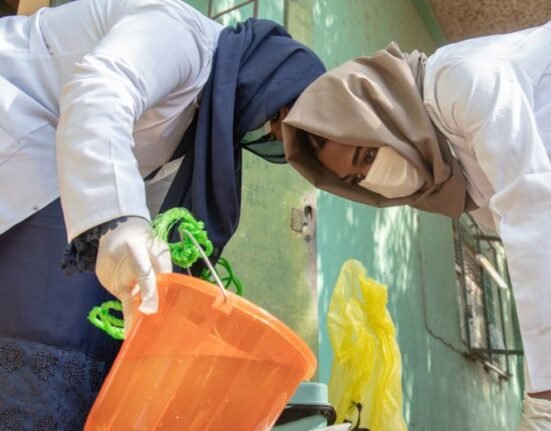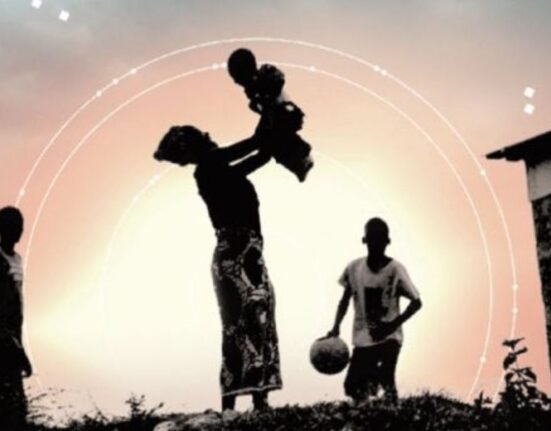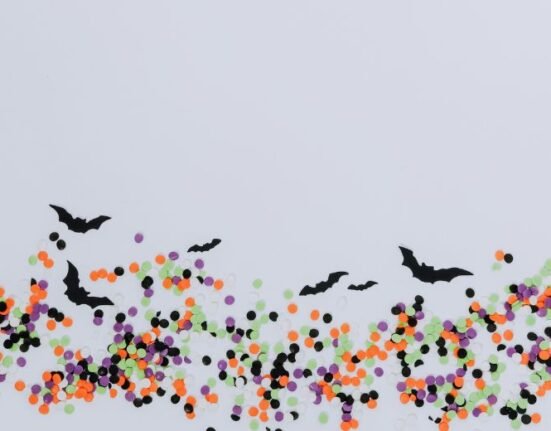HQ Team
March 15, 2023: The WHO has identified 55 nations vulnerable to a shortfall in health workers needed to fulfil the UN’s charter for universal health coverage by 2030.
The impact of COVID-19 and widespread disruptions to health services has resulted in a rapid acceleration in the international recruitment of health workers, according to the WHO.
For countries losing health personnel to international migration, this could hurt health systems and halt progress towards achieving universal health coverage and health security.
Of the 55 nations, 37 are in the WHO African region, eight are in the Western Pacific region, six are in the Eastern Mediterranean region, three are in the South-East Asia region, and one is in the Americas, according to a WHO statement.
“Health workers are the backbone of every health system, and yet 55 countries with some of the world’s most fragile health systems do not have enough and many are losing their health workers to international migration,” said Dr Tedros Adhanom Ghebreyesus, WHO Director-General.
‘Respect provisions’
“WHO is working with these countries to support them to strengthen their health workforce, and we call on all countries to respect the provisions in the WHO health workforce support and safeguards list.”
The countries included in the WHO health workforce support and safeguards list 2023 have a universal health coverage index below 55 and health workforce density below the global median: 49 medical doctors, nursing and midwifery personnel per 10 000 people.
These countries require priority support for health workforce development and health system strengthening, along with additional safeguards that limit active international recruitment.
The list should be used to inform advocacy, policy dialogue at all levels and financing efforts in support of health workforce education and employment in these countries, Mr Tedros said.
The WHO support and safeguard list 2023 does not prohibit international recruitment but recommends government-to-government health worker migration agreements, according to the statement.
Market analysis
Nations must be informed by health labour market analysis and the adoption of measures to ensure an adequate supply of health workers in the source countries. There should be an engagement with the Ministries of Health in negotiating and implementing agreements.
The health system benefits of the arrangement to both source and destination countries must be specified.
Eight countries have been newly added to the WHO health workforce support and safeguards list in 2023 since its original publication in 2020.
Implementing the WHO global code of practice on the international recruitment of health personnel can ensure that the international movement of health workers is ethically managed, supports the rights and welfare of migrant health workers and maintains health service delivery objectives, according to the statement.
The WHO Expert Advisory Group report informs the 2023 update on the Relevance and Effectiveness of the WHO Global Code. WHO will update the list every three years, with the next update scheduled for publication in 2026.








